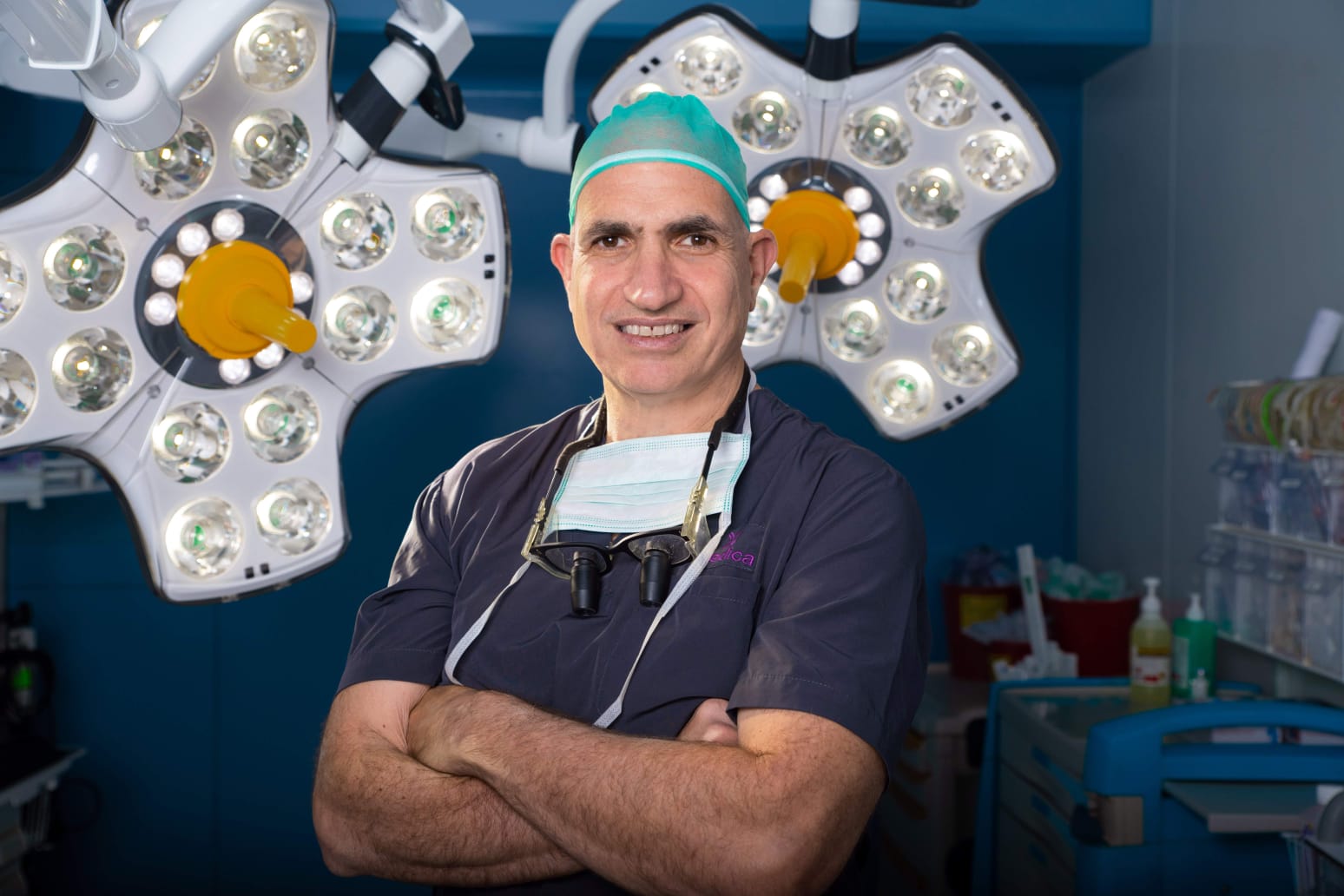Curious about how your age might affect your sperm health? You’re in the right place. Understanding sperm count & age – what’s normal in your 20s, 30s & 40s? is key if you’re thinking about fatherhood or just want to stay informed about your reproductive health.
While many guys in their 20s usually have high sperm counts and strong motility, things can start to change as you hit your 30s and 40s. It’s a natural process—sperm volume and quality may slowly decline, but that doesn’t mean your chances of conceiving disappear.
This article breaks down what’s typical at each age, so you can understand what’s normal and when it might be time to check in with a specialist. Let’s dive in and clear up the mystery together!
Average Sperm Count By Age
Normal Sperm Count Range
A normal sperm count ranges from 15 million to over 200 million sperm per milliliter of semen. This range is considered healthy and indicates a good chance of fertility. However, it’s important to note that sperm count is just one aspect of male fertility.
- 15 million to 200 million sperm/ml : Considered normal.
- Below 15 million sperm/ml : May indicate oligospermia, a condition of low sperm count.
- Above 200 million sperm/ml : Known as polyzoospermia, which can also affect fertility.
Sperm Count Chart by Age
Sperm count can fluctuate with age, and understanding these changes can help in planning for parenthood. Generally, younger men tend to have higher sperm counts compared to older men.
|
Age Group |
Average Sperm Count (million/ml) |
|
20-30 |
55-75 |
|
31-40 |
50-70 |
|
41-50 |
45-65 |
|
51+ |
40-60 |
Factors Affecting Sperm Production
Several factors can influence sperm production, including lifestyle choices, environmental exposures, and health conditions. These factors can either enhance or impair sperm production.
- Lifestyle choices : Smoking, alcohol consumption, and drug use can lower sperm count.
- Environmental exposures : Exposure to toxins and radiation can negatively impact sperm production.
- Health conditions : Obesity, diabetes, and hormonal imbalances can affect sperm count.
Understanding Healthy Sperm
Sperm Morphology
Sperm morphology refers to the size and shape of sperm. Healthy sperm typically have an oval head and a long tail, which aids in swimming and fertilization.
- Normal morphology : Indicates a higher likelihood of successful fertilization.
- Abnormal morphology : Can lead to difficulties in conceiving.
Sperm Motility
Sperm motility is the ability of sperm to move efficiently. Good motility is essential for sperm to reach and fertilize the egg.
- Progressive motility : Sperm move actively and in a straight line.
- Non-progressive motility : Sperm move but do not make forward progress.
Semen Volume
Semen volume is the amount of fluid ejaculated during orgasm. A normal semen volume ranges from 1.5 to 5 milliliters per ejaculation.
- Low semen volume : May indicate issues with seminal vesicles or prostate.
- High semen volume : Could dilute sperm concentration, affecting fertility.
Impact of Age on Sperm Quality
Peak Sperm Production Age
Men typically experience peak sperm production in their late 20s to early 30s. During this period, sperm count, motility, and morphology are generally at their best.
- Late 20s to early 30s : Optimal sperm quality.
- Post-30s : Gradual decline in sperm quality.
Decline in Sperm Count with Age
As men age, there is a natural decline in sperm count and quality. This decline can affect fertility and increase the time it takes to conceive.
- Age 40+ : Noticeable decline in sperm count and motility.
- Age 50+ : Further reduction in sperm quality and increased genetic risks.
Age-Related Genetic Risks
Older age in men is associated with increased genetic risks for offspring. These risks include a higher likelihood of genetic mutations and developmental disorders.
- Increased genetic mutations : Higher risk of conditions like autism and schizophrenia.
- Developmental disorders : Potential for birth defects and other health issues.
Sperm Count and Fertility
Minimum Sperm Count for Pregnancy
A minimum sperm count of 15 million sperm per milliliter is generally required for a higher chance of pregnancy. However, other factors also play a role in successful conception.
- 15 million sperm/ml : Minimum threshold for increased fertility.
- Below threshold : May require medical intervention for conception.
Correlation Between Sperm Count and Conception Rates
Higher sperm counts are generally associated with higher conception rates. However, sperm quality and female fertility factors also influence conception success.
- Higher sperm count : Increased likelihood of conception.
- Quality over quantity : Healthy sperm morphology and motility are crucial.
Other Fertility Factors Besides Sperm Count
While sperm count is important, other factors such as female fertility, timing of intercourse, and overall health also impact conception.
- Female fertility : Age and health of the female partner are critical.
- Timing : Intercourse during the fertile window increases the chances of conception.
- Overall health : Both partners’ health can affect fertility outcomes.
Diagnosing Low Sperm Count
Semen Analysis Procedure
A semen analysis is a common test to evaluate sperm count and quality. It involves collecting a semen sample and analyzing it in a lab.
- Sample collection : Typically done through masturbation.
- Lab analysis : Evaluates sperm count, motility, and morphology.
Interpreting Semen Analysis Results
Interpreting semen analysis results requires understanding the various parameters measured, such as sperm count, motility, and morphology.
- Normal results : Indicate healthy sperm and good fertility potential.
- Abnormal results : May require further testing or medical intervention.
When to Seek Medical Advice
Men should seek medical advice if they experience difficulty conceiving after a year of regular, unprotected intercourse. Early intervention can improve fertility outcomes.
- After one year : Recommended timeframe for seeking help.
- Earlier intervention : Advised if there are known fertility issues.
Improving Sperm Count Naturally
Lifestyle Changes
Adopting a healthy lifestyle can significantly improve sperm count and quality. This includes regular exercise, avoiding smoking, and reducing alcohol intake.
- Regular exercise : Boosts overall health and sperm production.
- Avoid smoking : Smoking can reduce sperm count and motility.
- Limit alcohol : Excessive alcohol can impair sperm quality.
Dietary Modifications
A balanced diet rich in vitamins and minerals can enhance sperm health. Foods high in antioxidants, zinc, and omega-3 fatty acids are particularly beneficial.
- Antioxidant-rich foods : Berries, nuts, and leafy greens.
- Zinc sources : Meat, shellfish, and legumes.
- Omega-3 fatty acids : Fish, flaxseeds, and walnuts.
Supplements for Sperm Health
Certain supplements can support sperm health and improve fertility. These include vitamins C and E, coenzyme Q10, and folic acid.
- Vitamins C and E : Protect sperm from oxidative stress.
- Coenzyme Q10 : Enhances sperm motility.
- Folic acid : Supports healthy sperm production.
Medical Treatments for Low Sperm Count
Hormonal Therapies
Hormonal therapies can help address hormonal imbalances that affect sperm production. These treatments are tailored to individual needs.
- Testosterone therapy : For men with low testosterone levels.
- Gonadotropin therapy : Stimulates sperm production.
Surgical Interventions
Surgical interventions may be necessary for men with physical blockages or varicoceles affecting sperm production.
- Varicocele repair : Improves blood flow and sperm quality.
- Blockage removal : Restores normal sperm flow.
Assisted Reproductive Technologies
Assisted reproductive technologies (ART) offer solutions for men with low sperm count. These include in vitro fertilization (IVF) and intracytoplasmic sperm injection (ICSI).
- IVF : Combines sperm and egg outside the body.
- ICSI : Directly injects a single sperm into an egg.
Final Thoughts
Understanding the average sperm count by age and its implications on fertility is essential for men planning to start a family. By adopting healthy lifestyle choices and seeking medical advice when necessary, men can improve their chances of successful conception. It’s important to remember that while sperm count is a significant factor, overall health and well-being also play a crucial role in fertility.
FAQs
What is the average sperm count by age?
The average sperm count varies by age, with younger men typically having higher counts. Men in their 20s and 30s generally have sperm counts ranging from 55 to 75 million per milliliter. As men age, this count tends to decrease gradually.
At what age does sperm quality start to decline?
Sperm quality typically begins to decline after the age of 40. This decline includes reduced sperm count, motility, and increased genetic risks for offspring. However, individual variations exist, and some men maintain good sperm quality well into their later years.
Can low sperm count be improved?
Yes, low sperm count can often be improved through lifestyle changes, dietary modifications, and medical treatments. Adopting a healthy lifestyle, consuming a balanced diet, and seeking medical advice can enhance sperm production and quality.
How often should men get their sperm count checked?
Men should consider getting their sperm count checked if they experience difficulty conceiving after a year of regular, unprotected intercourse. Regular check-ups are also advisable for men with known fertility issues or those planning to start a family later in life.
Does sperm count affect the chances of having a boy or a girl?
Sperm count does not directly affect the chances of having a boy or a girl. The sex of a baby is determined by the chromosome carried by the sperm, with X chromosomes leading to girls and Y chromosomes leading to boys.


